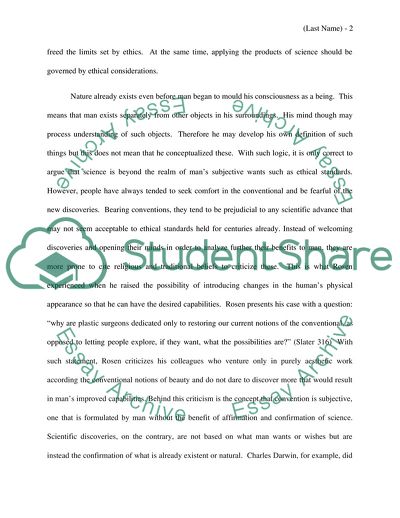Cite this document
(Science and Ethics: Achieving Harmony Term Paper, n.d.)
Science and Ethics: Achieving Harmony Term Paper. Retrieved from https://studentshare.org/social-science/1751107-using-kingsolver-and-slater-discuss-the-what-role-ethics-should-or-should-not-have-in-regulating-science
Science and Ethics: Achieving Harmony Term Paper. Retrieved from https://studentshare.org/social-science/1751107-using-kingsolver-and-slater-discuss-the-what-role-ethics-should-or-should-not-have-in-regulating-science
(Science and Ethics: Achieving Harmony Term Paper)
Science and Ethics: Achieving Harmony Term Paper. https://studentshare.org/social-science/1751107-using-kingsolver-and-slater-discuss-the-what-role-ethics-should-or-should-not-have-in-regulating-science.
Science and Ethics: Achieving Harmony Term Paper. https://studentshare.org/social-science/1751107-using-kingsolver-and-slater-discuss-the-what-role-ethics-should-or-should-not-have-in-regulating-science.
“Science and Ethics: Achieving Harmony Term Paper”, n.d. https://studentshare.org/social-science/1751107-using-kingsolver-and-slater-discuss-the-what-role-ethics-should-or-should-not-have-in-regulating-science.


